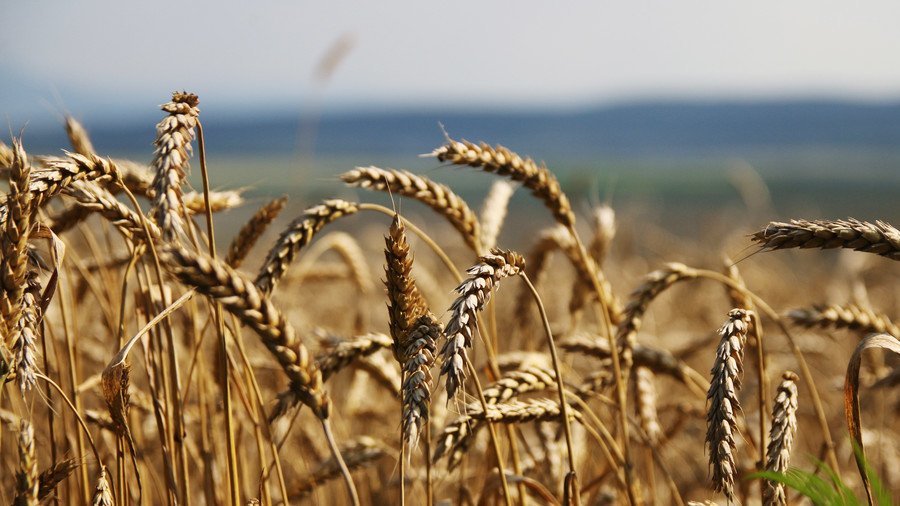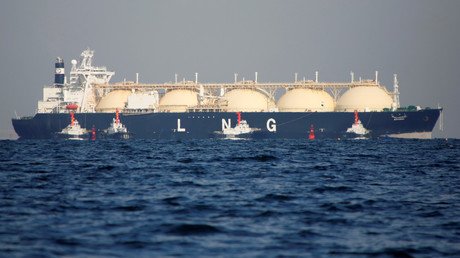Crimea's lifeline to Syria: Damascus gets grain supplies from Russia’s Black Sea peninsula

Russia has begun deliveries of wheat from Crimea to Syria. The move solves the dual problems of grain overproduction in Crimea and Syria’s desperate need for bread.
The shipments are coming from the Russian port of Sevastopol to the Syrian port of Tartus, where Russia has a naval base. Sevastopol officials said this month that they plan to sign an agreement with Tartus on July 29 to set up a permanent line of communications. The Syrian city will deliver fruit to Sevastopol.
Syria is facing problems with grain supplies due to Western sanctions. Crimea is also sanctioned by the West, which makes it easier for the two regions to cooperate. “We do not have any problems with a number of countries, including Syria,” Crimea’s Deputy Prime Minister Georgy Muradov told Reuters. “Our countries do not apply sanctions against each other, so of course they are free to work.”
Shipments began in July 2017 and Russia had supplied Syria with at least 170,000 tons of grain on 10 ships by May. The sanctioned peninsula produces 1.4 million tons of grain a year – around a million tons of which is exported. The three largest buyers are Lebanon, Syria and Turkey.
Grain production in Crimea has been on the rise since the Russian government invested $38 million in the region’s agriculture. “Due to the significant growth of the crop, Crimea was able to cover both the domestic needs of the republic’s citizens and to export the excess wheat,” the Russian Agriculture Ministry said.
For more stories on economy & finance visit RT's business section















